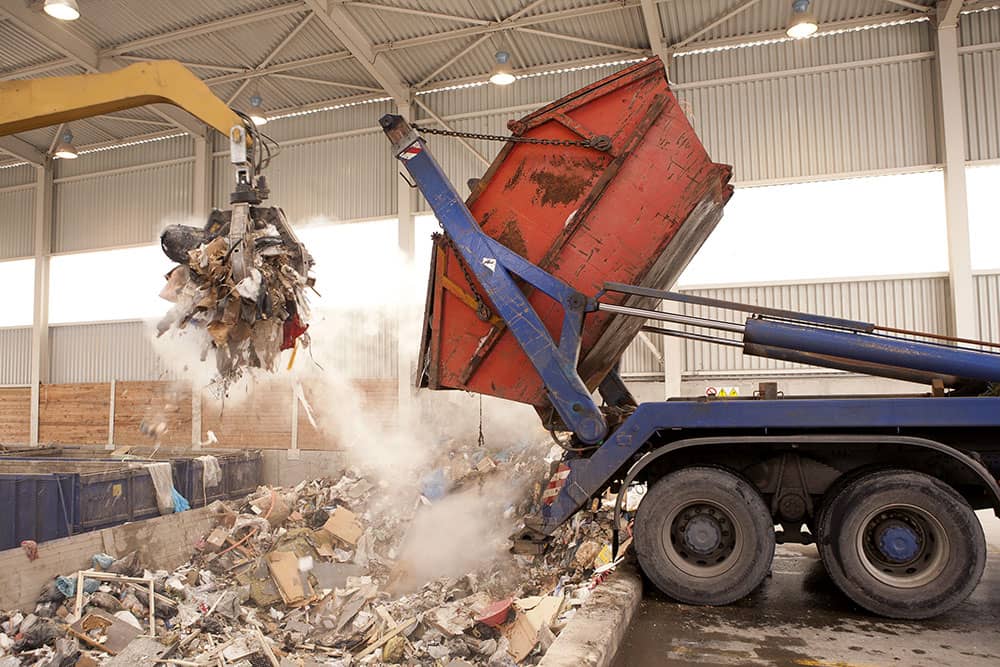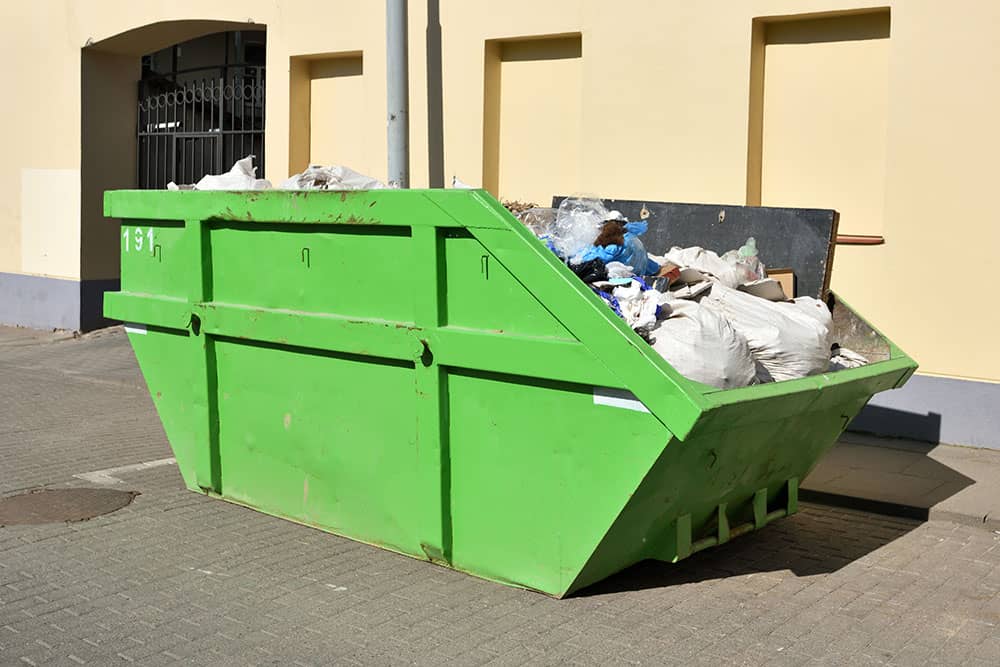
Any company that produces industrial waste should have an efficient waste management program. Handling waste is never an easy task. However, it gets even more complicated if it’s industrial waste from building sites, commercial workshops, manufacturing plants, and auto body shops.
It is more crucial than ever to improve your waste management system. But how do you manage and control industrial waste that your business generates? What is the best way to get rid of rubbish without harming the environment?
What Classifies as Industrial Waste?
You may already know that industrial waste is among the leading contributors to global annual waste. In Australia, 6.5 million tonnes of commercial and industrial waste were sent to landfill, according to the National Waste Report 2010. Obviously, this number has increased over a decade later.
But how do you know your business is producing industrial waste on a regular basis? When we talk about industrial waste, we’re pertaining to the by-product of any industrial process. This by-product has no use to you whatsoever, which is why you need to get rid of it. The Environmental Protection Act has laws that govern how industrial waste should be dealt with, including:
- Scrap timber
- Paper
- Oil
- Solvents
- Dirt
- Cafeteria rubbish
- Chemicals
- Weeds and plants
- Textiles
- Electronics
- Dyes
Industrial waste can be very harmful to the environment and the entire world population, as well. If unmanaged, waste can have significant impacts on your site and business, which can lead to more gases in the atmosphere, such as carbon dioxide and sulphur dioxide.
Wastewater or industrial-contaminated water is also a lingering issue. Even more dangerous is polluted air, which can slowly poison the environment, as well as people’s eyes, skin, nose, throat, and lungs. That’s why you should take the time to come up with efficient industrial waste management through careful and deliberate planning.
Industrial Waste Management Options
Most waste is due to production, packaging, and shipping. There are a few options on how you can dispose of industrial waste, including:
- Segregation for Recycling: The process involves the classification of different types of waste, specifically recyclable and non-recyclable. After identifying waste items, those that can be recycled will be sent to recycling centres. Many of these facilities can take care of glass, paper, and plastic – the most common kinds of industrial waste. Some will also take scrap metal, cardboard, food waste, and electronics. That’s why it is essential to segregate the items properly.
- Landfill: If it’s non-hazardous and cannot be recycled or composted, it should be sent to a landfill. Waste is stored in a small area and may be compacted if required. It will then be buried beneath the earth. As waste decomposes, it will start releasing gases into the atmosphere, which can later be converted to fuel.
- Composting: For organic waste, such as food waste, newspaper, sawdust, and leaves, create a compost pit where waste materials can turn into fertiliser and nourish plants.
All the methods mentioned above require that you have a large container for waste. Since the industrial waste businesses produce is so much more than the volume of residential waste, you will need a bigger bin. This is where a skip bin becomes a necessity.
Using Skip Bins for Industrial Waste
Skip bins are suitable for those in the industrial sector that generate large volumes of waste regularly. Your facilities should have enough space available so that the containers can be stored on-site. They are ideal for large waste materials, including those that are bulky, dense, and cannot be compacted. Some examples include:
- Concrete
- Bricks
- Timber
- Wood
- Steel
Skip bins have various sizes, ranging from two cubic metres with dimensions of 0.9m x 1.6m x 1.8m (H x W x L) to 10 cubic metres (1.8m x 1.53m x 3.9m). They are made of reliable heavy-duty steel that can withstand heavy weights for extended periods.
Hiring a skip bin takes the stress out of dealing with industrial waste on a daily basis. It all begins with the bins delivered on time – exactly when and where you need the container. When your business generates waste, your staff or those assigned to waste disposal will take the rubbish to the appropriate skip bin. Later on, the container will be collected from your site as scheduled.
Skip bins are straightforward and easy to use. There is no need for special training to understand how it works. Staff can feed the on-site bin by hand. But if you have specialist equipment, such as conveyor, chute, or tippler, you can use whichever is appropriate. Many containers come with drop-down ramps located at the back. Anyone can walk in or use a wheelbarrow to dump or remove the rubbish.
Bigger bins, however, typically have a low back end, making depositing dense and bulky materials safe and easy.
How Big Should the Skip Bin Be?
Calculating how much storage space you require does not have to be complicated. You can determine the skip bin size you need by factoring in the following:
- Waste generation rates
- Recycling efforts and systems that exist within the business
- Collection frequency
- Collection service types, such as accessibility of space for collection vehicles, including width and height of entry points or gates
- Suitability of skip bin for the waste you produce, such as organic and regular waste materials
- Accessibility of skip bin storage area for those depositing waste
All waste generated by industrial businesses should be stored appropriately. A skip bin is a large container where you can dump industrial waste. It can have a permanent and well-fitted lid and conforms to AS 4123, the standard to follow when it comes to mobile waste containers. You can hire a two-metre to five-metre skip bin.
However, if you generate waste daily, it is best to rent a skip bin that is at least six cubic metres. You can find skips measuring 9 to 10 cubic metres, specifically designed for industrial and manufacturing companies dealing with several tonnes of waste regularly. For reference, please see the bin sizes and prices page.
Managing industrial waste helps protect the environment from harmful pollutants. It’s also one of your legal responsibilities as a business. From general waste to food organics to plastics, timber, liquid, and sanitary waste, hiring a skip bin can make industrial waste removal simple and stress-free.
Backyard Bins Team
“ [rcblock id="2165"]”
